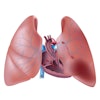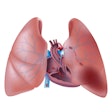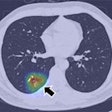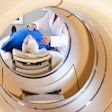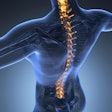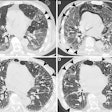Monday, November 30 | 3:00 p.m.-3:10 p.m. | SSE08-01 | Room E353C
Multiphase CT enterography is an effective option for detecting the source of gastrointestinal (GI) bleeds, according to this study to be presented on Monday afternoon.The technique has been shown to have sensitivities rivaling that of capsule endoscopy, with increased sensitivity for small bowel masses. It has therefore been adopted into routine practice in many centers. However, there have been no large-scale studies evaluating the effectiveness of multiphase CT enterography in routine clinical practice, wrote study co-author Cynthia McCollough, PhD, from the Mayo Clinic in Rochester, MN, in an email to AuntMinnie.com.
"This work was intended to estimate the diagnostic yield and efficacy of multiphase CT enterography in the situation of obscure GI blood loss," she wrote.
Toward that end, Krishna Pundi and colleagues retrospectively examined the diagnostic yield of multiphase enterography in 1,087 patients over an eight-year period; 90% had already undergone both upper and lower endoscopy procedures.
The total yield for multiphase CT enterography was 31.6%, including 269 patients with small-bowel findings ranging from vascular causes to masses and inflammation. The rate of rebleed or continued iron dependence following a positive exam was significantly reduced.
